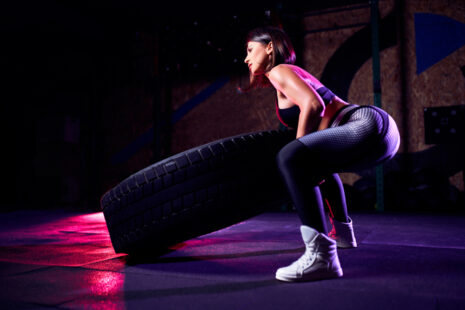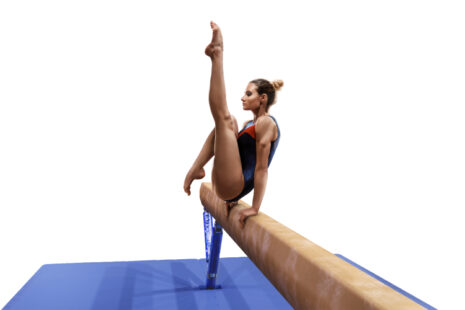Yes, sitting too much can contribute to hip pain. Prolonged sitting can lead to several factors that may cause or exacerbate hip discomfort.
Here’s how excessive sitting can impact the hips…
- Hip Flexor Tightness – When you sit for extended periods, your hip flexor muscles, which allow you to bend your hips, can become tight and shortened. Over time, this can lead to reduced flexibility and discomfort in the front of the hips.
- Hip Joint Compression – Sitting puts constant pressure on the hip joint. If you have an existing hip condition or structural issues in the hip joint, prolonged sitting can aggravate pain and inflammation.
- Inactive Gluteal Muscles – The gluteal muscles (buttocks) play a significant role in hip stability and support. When you sit too much, these muscles can become weak and less active, leading to hip instability and potential pain.
- Muscle Imbalances – Prolonged sitting can create muscle imbalances around the hips. The hip flexors may become overactive, while the gluteal muscles and hip extensors may become underactive, disrupting the normal functioning of the hip joint.
- Irritation of Bursae – The hip joint has fluid-filled sacs called bursae that help reduce friction between tendons and bones. Prolonged sitting can irritate these bursae, leading to bursitis and hip pain.
- Reduced Blood Flow – Sitting for long periods can reduce blood flow to the hip and surrounding muscles, potentially leading to stiffness and discomfort.
To help prevent or alleviate hip pain caused by excessive sitting…
- Take Breaks – Stand up and move around every hour or so to reduce the time spent sitting continuously.
- Stretch Regularly – Perform gentle hip stretches to improve flexibility and reduce tension in the hip flexors.
- Strengthen the Hips – Engage in exercises that target the hip muscles, including the gluteals and hip extensors, to promote stability and support.
- Practice Good Posture – Sit with proper posture, keeping your feet flat on the floor, and avoid crossing your legs for prolonged periods.
- Use a Standing Desk – If possible, alternate between sitting and standing at your desk to reduce the time spent in a seated position.
- Stay Active – Engage in regular physical activity outside of work to promote overall hip health and reduce the impact of prolonged sitting.
If you are experiencing persistent hip pain or discomfort, it’s necessary to consult with a healthcare professional, such as a doctor or physical therapist. They can assess your condition, identify the underlying causes of your hip pain, and provide personalized recommendations and treatment to address the issue effectively.



